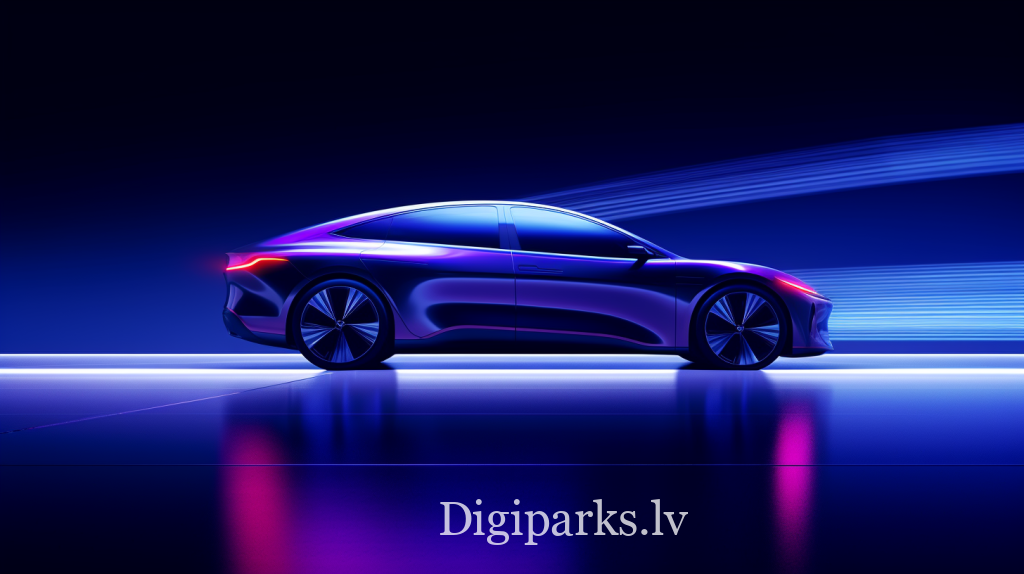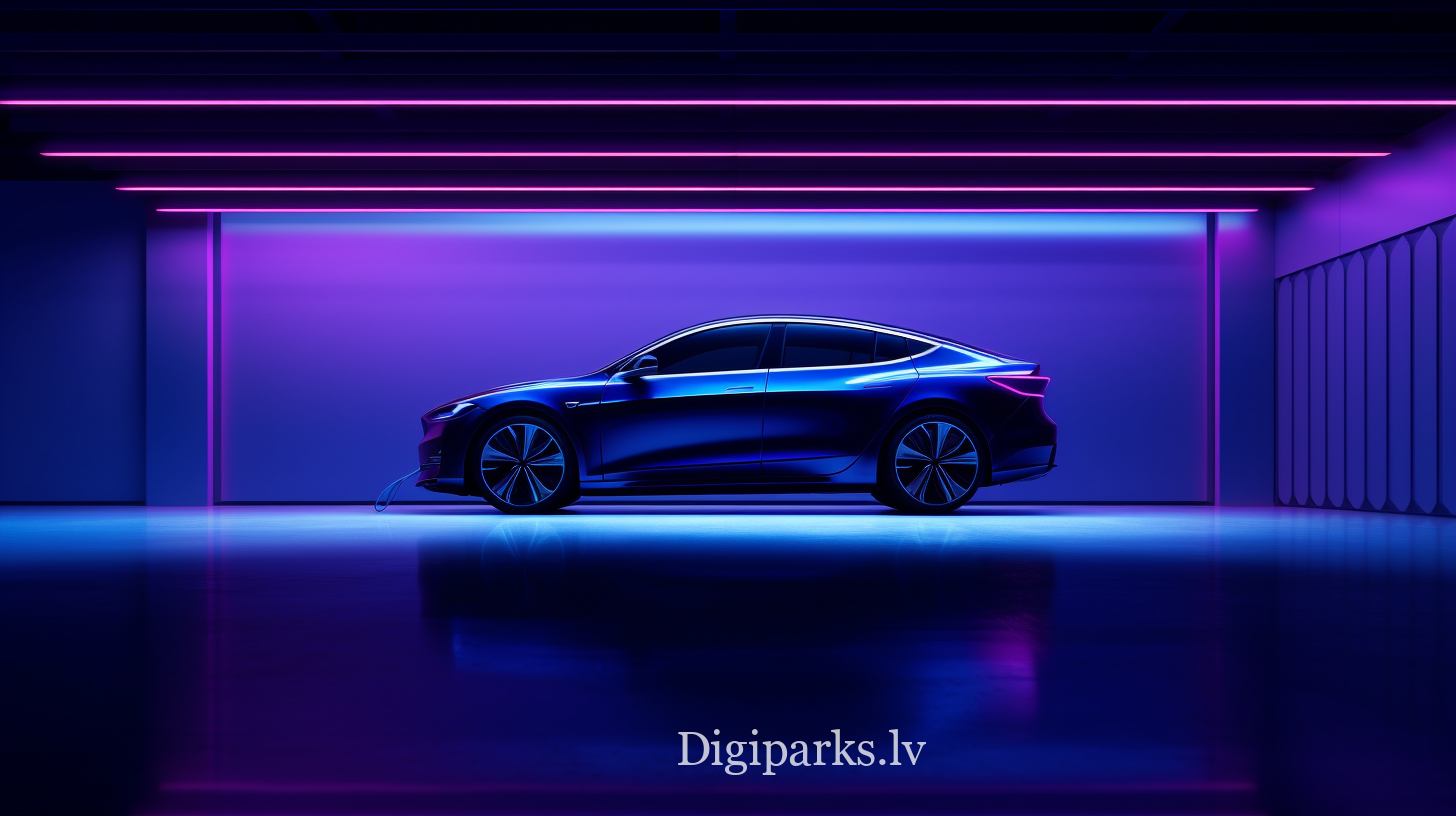As the automotive industry transitions towards a greener future, electric vehicles (EVs) have emerged as a promising alternative to gasoline-powered vehicles. While EVs offer several environmental and performance benefits, they also present unique challenges that may deter some potential buyers. Let’s explore some of these challenges and determine whether they outweigh the benefits of EVs.
Technical Challenges
- Battery Range and Charging Infrastructure: Range anxiety, the fear of running out of battery power, remains a significant hurdle for EV adoption. Current battery technology limits EV range, and charging infrastructure is still underdeveloped in many areas.
- Battery Degradation and Cost: Lithium-ion batteries, the most common type used in EVs, degrade over time, reducing their range and performance. Additionally, EV batteries are expensive, adding to the overall cost of ownership.
- Charging Speed and Convenience: Charging an EV can take significantly longer than refueling a gasoline-powered car. This can be inconvenient, especially for long-distance trips.
Economic Considerations
- Initial Purchase Cost: EVs are generally more expensive than gasoline-powered cars, even with government incentives. This higher upfront cost can be a deterrent for many buyers.
- Maintenance Costs: While EVs generally have lower maintenance costs than gasoline-powered cars, the cost of replacing batteries can be substantial.
- Insurance Costs: Insurance premiums for EVs can be higher due to their higher value and the perceived risks associated with new technology.
Industry Expert Opinion: Navigating the EV Landscape
“The adoption of EVs faces challenges, but the industry is making significant strides in addressing them. Battery technology is improving, charging infrastructure is expanding, and costs are gradually coming down. As the technology matures, EVs are becoming a more attractive option for consumers.” – Mark Johnson, Automotive Industry Expert

FAQs about EV Challenges and Considerations
1. What are the potential solutions to range anxiety and charging infrastructure limitations?
- Advances in battery technology: Ongoing research and development efforts are focused on developing batteries with longer range and faster charging capabilities.
- Expansion of charging infrastructure: Government initiatives and partnerships with private companies are driving the expansion of EV charging stations across the country.
2. How can battery degradation be mitigated and the cost of batteries reduced?
- Developing more durable and efficient battery chemistries: Researchers are exploring new battery chemistries that can offer longer lifespans and improved energy density, reducing the need for frequent replacements.
- Optimizing battery management systems: Smarter battery management systems can optimize charging and discharging cycles to extend battery life and reduce the risk of degradation.
3. Can charging speed and convenience be improved?
- Investing in faster charging technologies: Development of faster charging technologies, such as direct current (DC) fast chargers, can significantly reduce charging times.
- Expanding availability of mobile charging services: Mobile charging services can provide on-demand charging for EVs in areas with limited charging infrastructure.
4. Can the initial purchase cost of EVs be lowered?
- Scaled production and economies of scale: As EV production increases, costs can be expected to come down due to economies of scale.
- Government incentives and rebates: Continued government incentives and rebates can make EVs more affordable for consumers.
5. Can insurance costs for EVs be reduced?
- Improved safety ratings and crash test results: As EVs demonstrate their safety performance, insurance companies may be more inclined to lower premiums.
- Development of data-driven insurance models: Insurers can develop data-driven models that accurately assess the risk profiles of EV owners, leading to more fair and equitable pricing.
Conclusion: Embracing the Electric Vehicle Future
Despite the challenges they present, electric vehicles offer a compelling solution to addressing environmental concerns and reducing our reliance on fossil fuels. As technology advances, battery range and charging infrastructure improve, and costs come down, EVs are becoming a more viable option for a wider range of consumers.
While the transition to EVs may not be instantaneous, the industry is moving in the right direction. Governments, automakers, and technology companies are working together to overcome the challenges and pave the way for a future powered by clean, sustainable transportation.
For those who are considering an EV, the time to explore the possibilities is now. With each passing day, EVs are becoming more attractive, affordable, and accessible. As we move forward, the electric vehicle experiment is poised to transform the automotive industry and shape the future of transportation.
